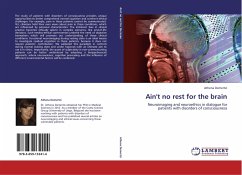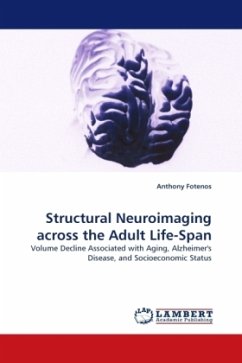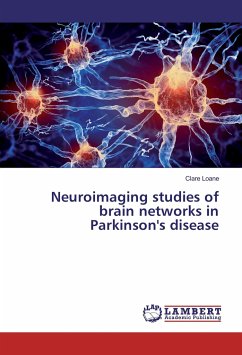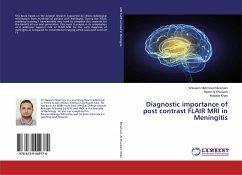The study of patients with disorders of consciousness provides unique opportunities to better comprehend normal cognition and confront ethical challenges. For example, pain in these patients cannot be communicated. Yet, clinicians hold their own views about pain in these conditions, which are influenced by personal characteristics. The imminent bias in clinical practice becomes ethically salient in complex scenarios, like end-of-life decisions. Such medico-ethical controversies underlie the need of objective biomarkers which will promote our understanding of these clinical conditions. Functional neuroimaging during resting state is an ideal means to investigate residual cognition in these patients, because it does not require patients' contribution. We validated this paradigm in controls during normal waking state and under hypnosis with an ultimate aim to use it in clinics. Importantly, the quest of subjectivity in non-communicating patients can be better understood by adopting a biopsychosocial approach, where neuroscience, cognitive processing and the influence of different environmental factors will be combined.
Bitte wählen Sie Ihr Anliegen aus.
Rechnungen
Retourenschein anfordern
Bestellstatus
Storno








